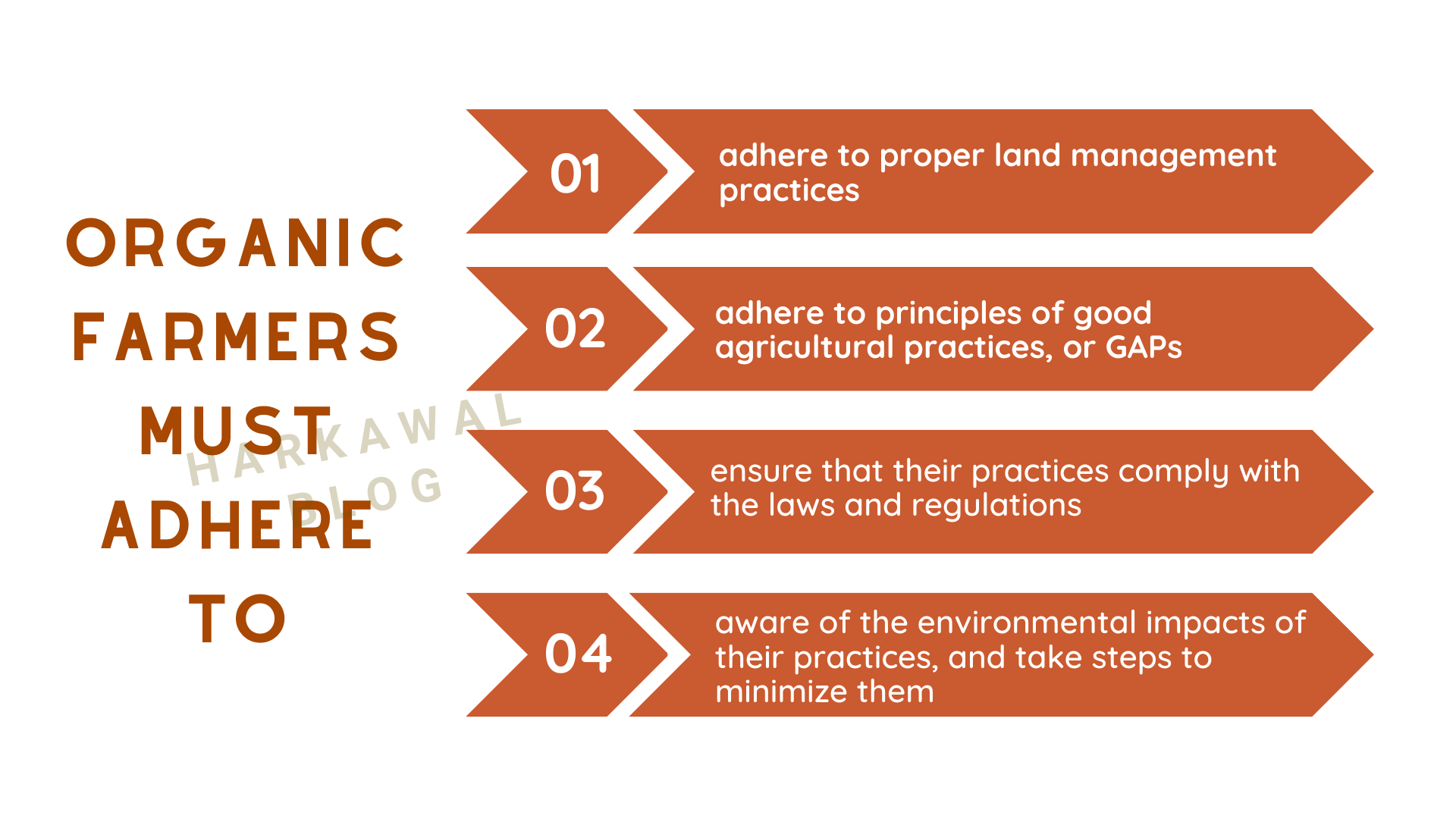Integrity of Organic Food Products
Integrity of organic food products and How we can maintain the integrity of organic food products
 The integrity of organic food products is of paramount importance to those who purchase them. Organic food producers must also adhere to strict standards for maintaining soil health. This includes utilizing sustainable farming practices, such as crop rotation, cover cropping, and the use of compost. These practices help to ensure that the soil remains healthy and free of toxins. As organic food is grown without the use of synthetic chemicals, it is also free of contaminants that can be found in conventional produce.
The integrity of organic food products is of paramount importance to those who purchase them. Organic food producers must also adhere to strict standards for maintaining soil health. This includes utilizing sustainable farming practices, such as crop rotation, cover cropping, and the use of compost. These practices help to ensure that the soil remains healthy and free of toxins. As organic food is grown without the use of synthetic chemicals, it is also free of contaminants that can be found in conventional produce.
Organic food is also processed and handled in a manner that preserves its integrity. All organic food must be handled and stored in a way that minimizes exposure to contamination. This includes using separate equipment, storage facilities, and processing areas for organic and non-organic products. Furthermore, all organic food must be labeled as such, so that consumers know exactly what they are purchasing.
Organic food products are also subject to periodic testing and inspections to ensure that they meet all organic standards. This includes testing for the presence of prohibited substances, such as antibiotics, hormones, and synthetic pesticides. Organic food producers must also adhere to certain standards of production in order to maintain certification. This includes using only organic ingredients in their products and following good agricultural practices to minimize the risk of contamination.
Organic food products are an excellent choice for those looking to make a healthier, more environmentally conscious lifestyle choice. By purchasing organic products, consumers can rest assured that their food is grown and processed in a manner that maintains its integrity, free of contaminants and synthetic chemicals.
Different ways how to maintain the integrity of organic food products
Organic food products are those that are grown and processed without the use of synthetic fertilizers, pesticides, or other chemicals. Organic products must be labeled and certified as such in order to maintain their integrity. In order to ensure that organic food products maintain their integrity, it is important for farmers and producers to adhere to certain standards and regulations.
First, organic farmers must adhere to proper land management practices, such as rotating crops, using natural fertilizers, and avoiding the use of pesticides and herbicides. This will ensure that the soil remains healthy, and that the food products are of high quality. Additionally, organic farmers must keep records of the products they produce, in order to ensure that the products are indeed organic.
Second, organic farmers and producers should adhere to the principles of good agricultural practices, or GAPs. This involves practices such as proper sanitation, disease prevention, and pest control. These practices help to ensure that the organic food products remain safe and of high quality.
Third, organic food producers must ensure that their practices comply with the laws and regulations that govern the production of organic food products. This includes regulations regarding labeling, certification, and other aspects of organic production.
Fourth, organic food producers must be aware of the environmental impacts of their practices, and take steps to minimize them. This can involve avoiding the use of synthetic fertilizers and pesticides, as well as minimizing water and energy use.
By adhering to the above standards and regulations, organic food producers can ensure that their products remain of high quality, safe, and maintain their integrity. These standards and regulations will also help to protect the environment, and ensure that organic food products are produced in a sustainable manner.
